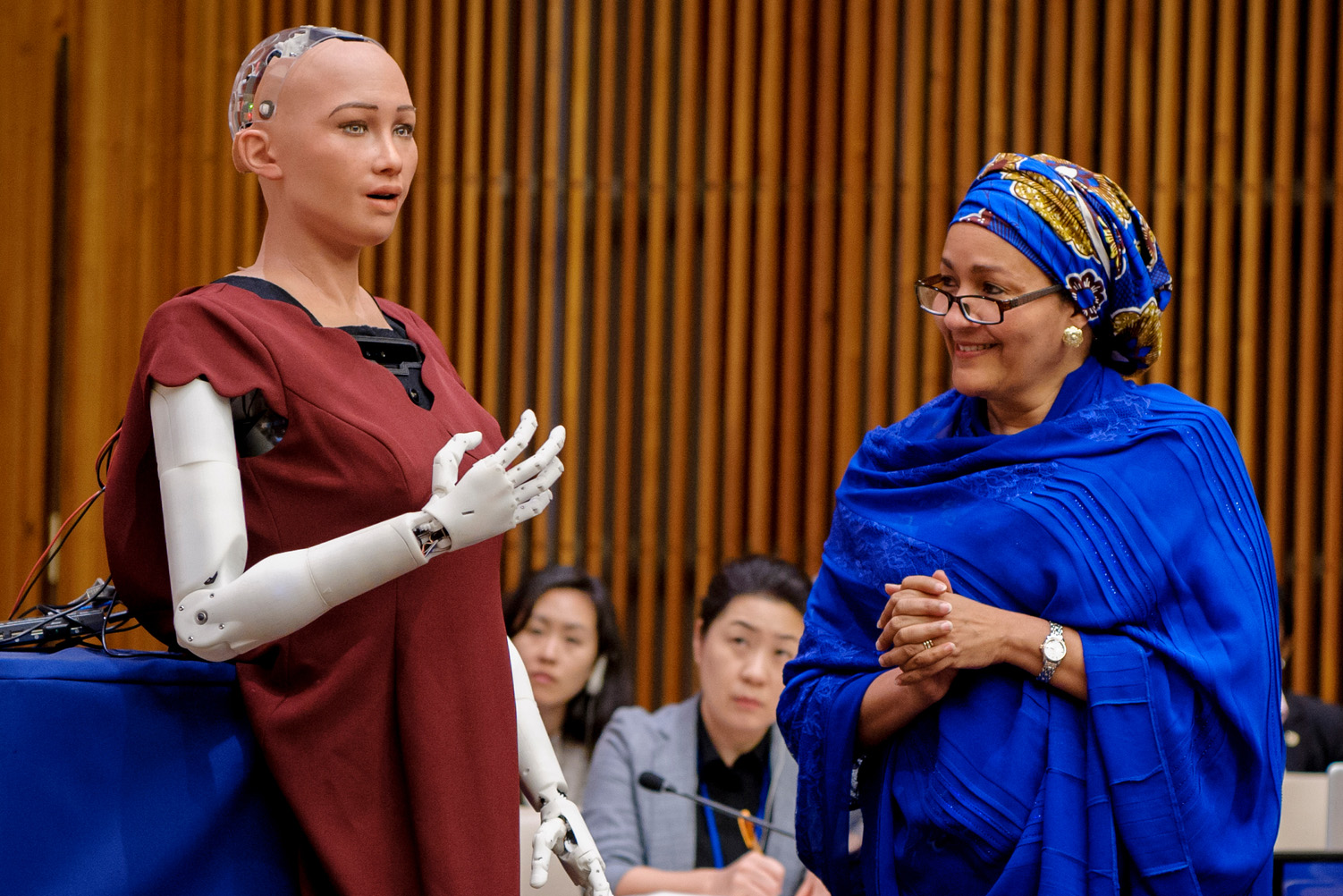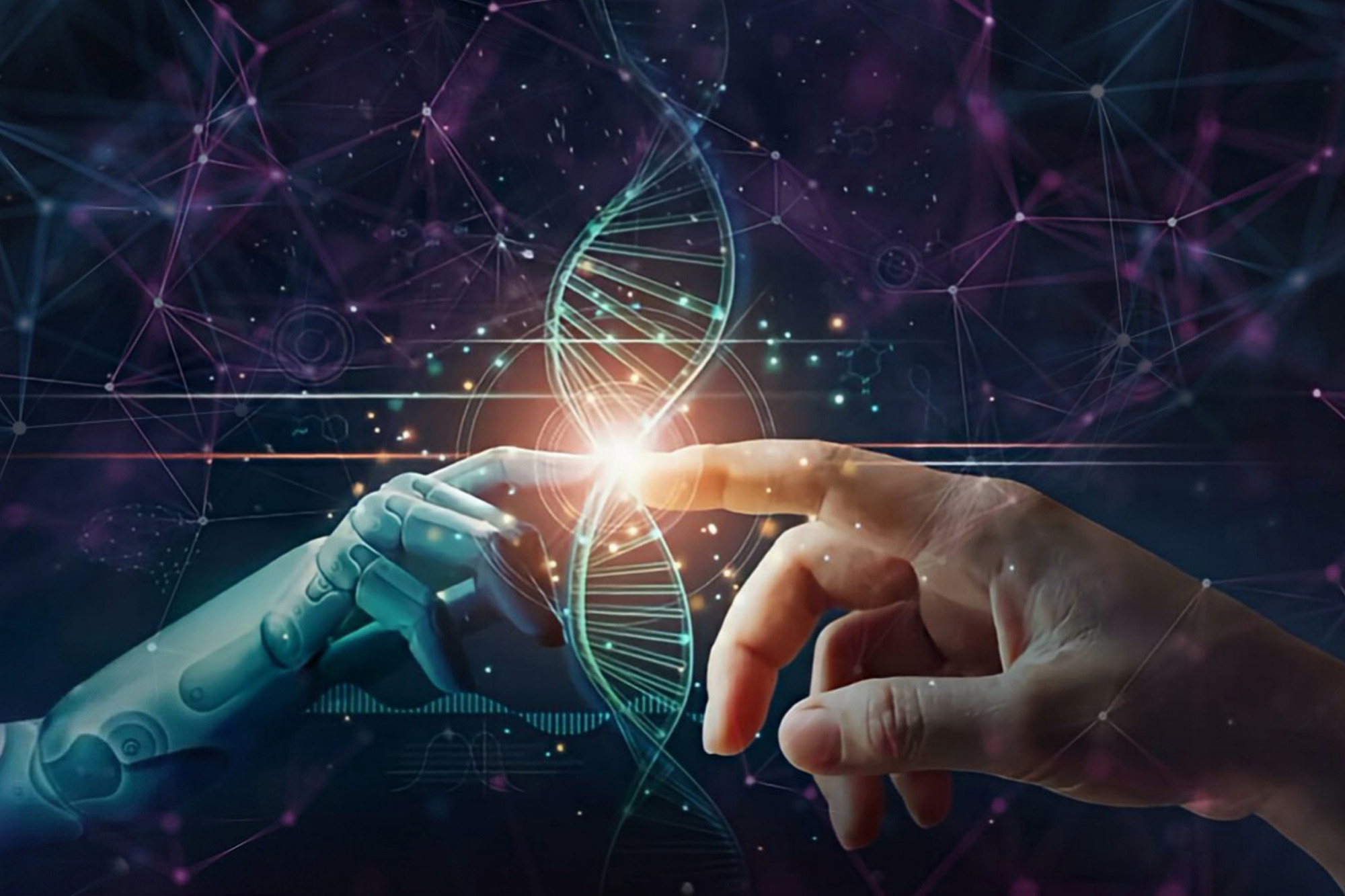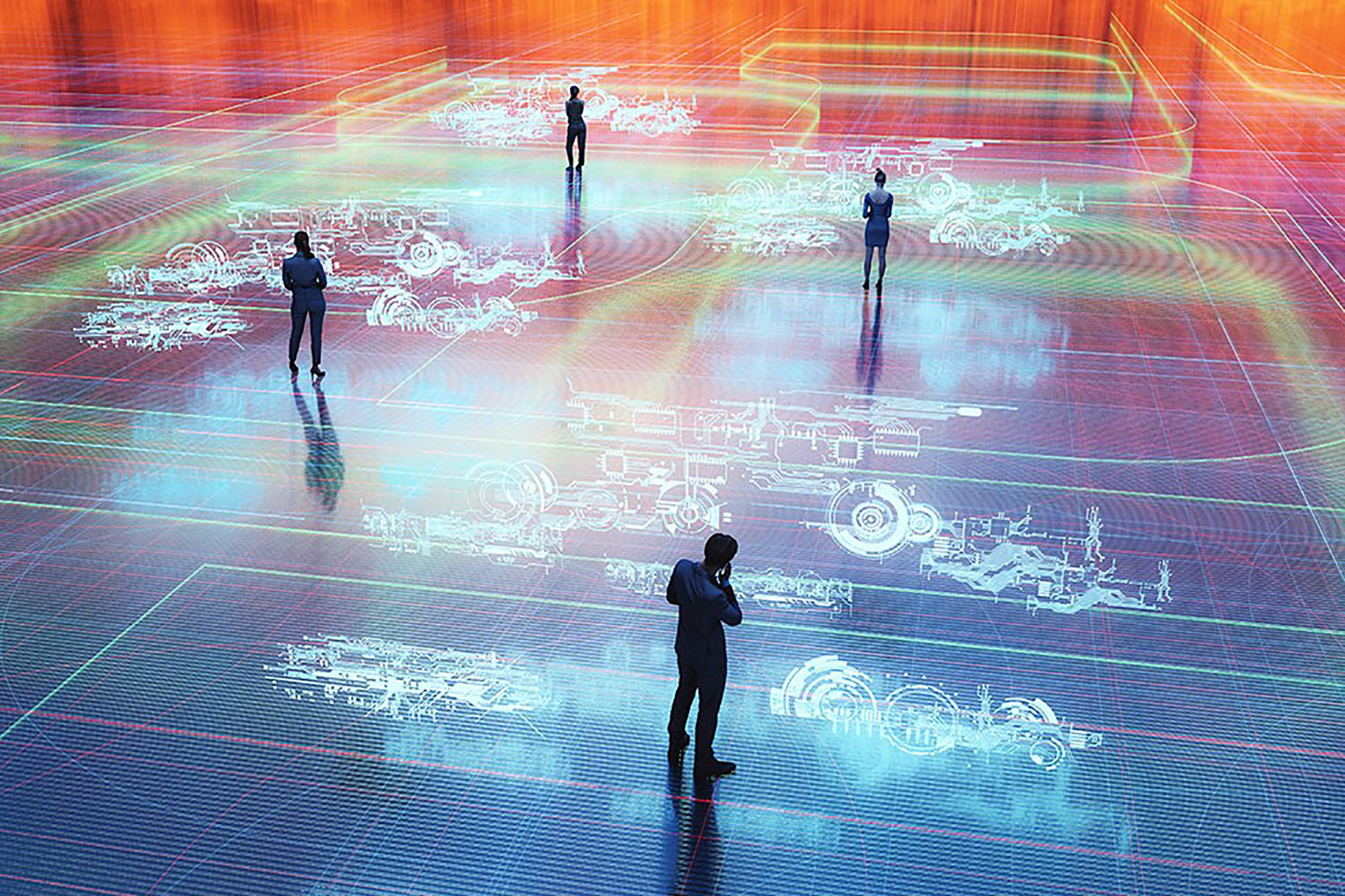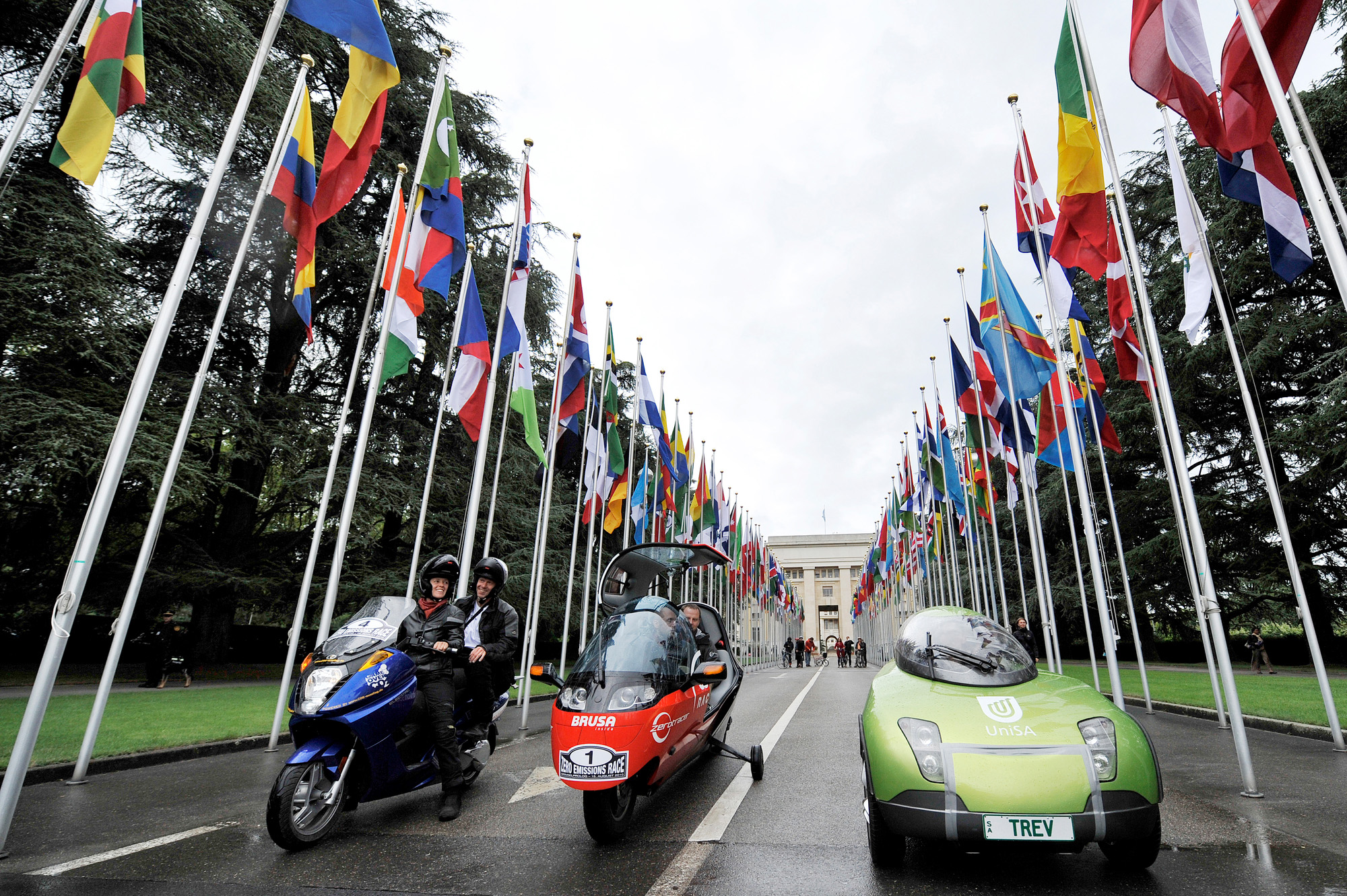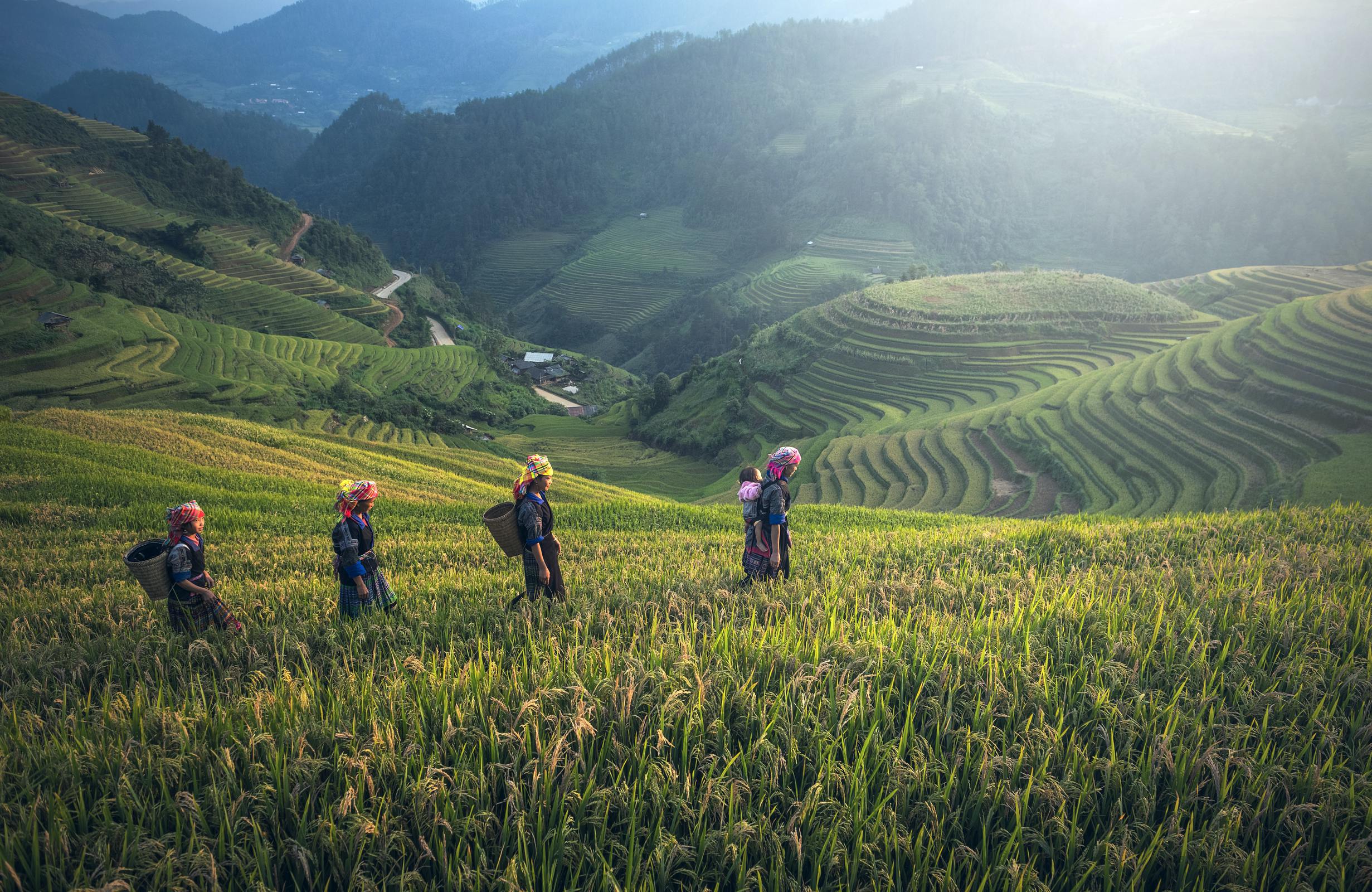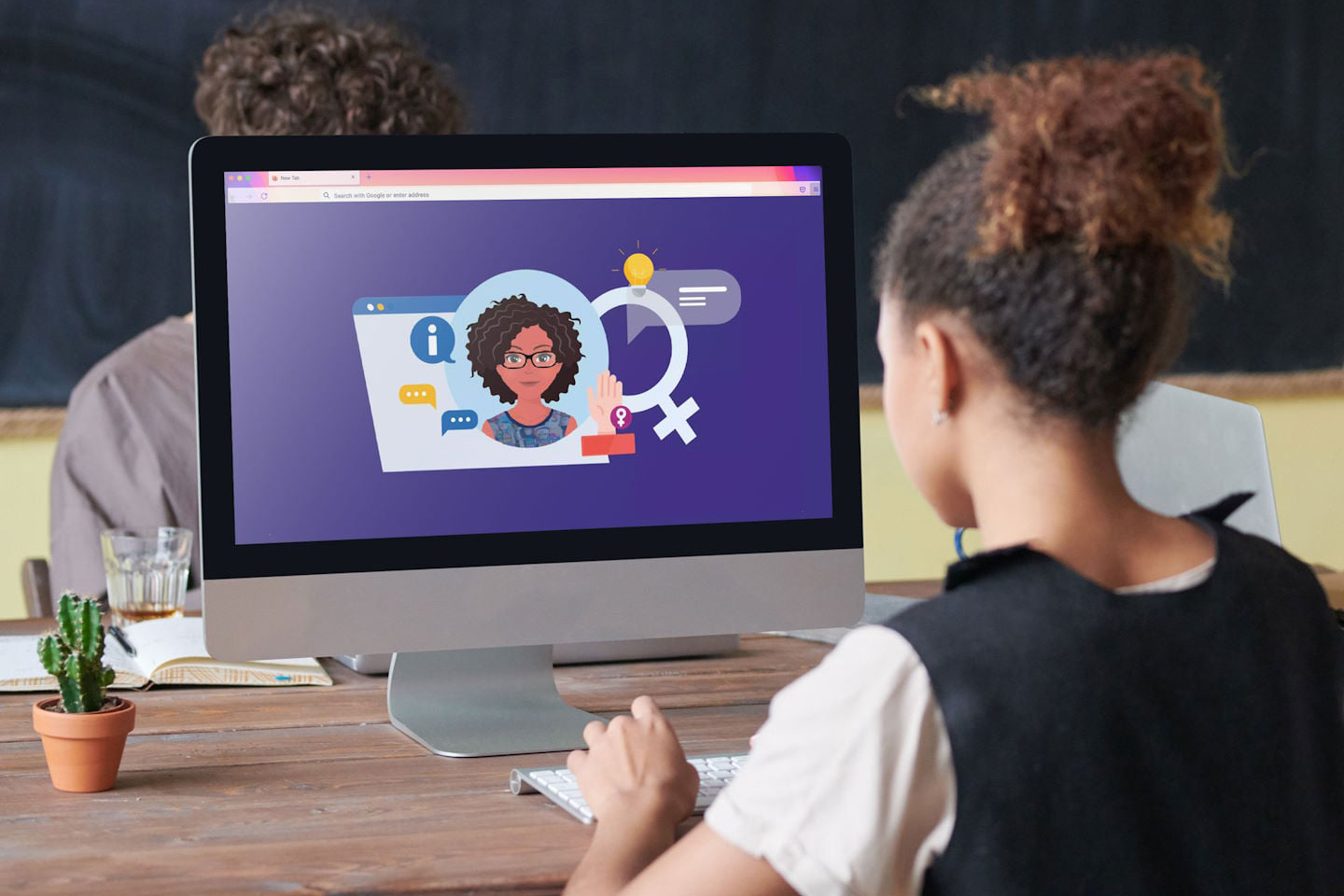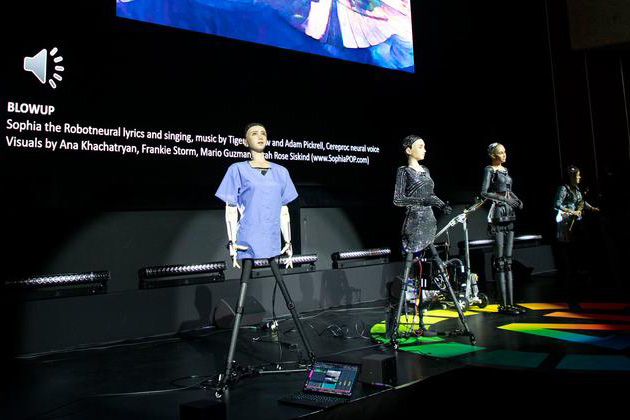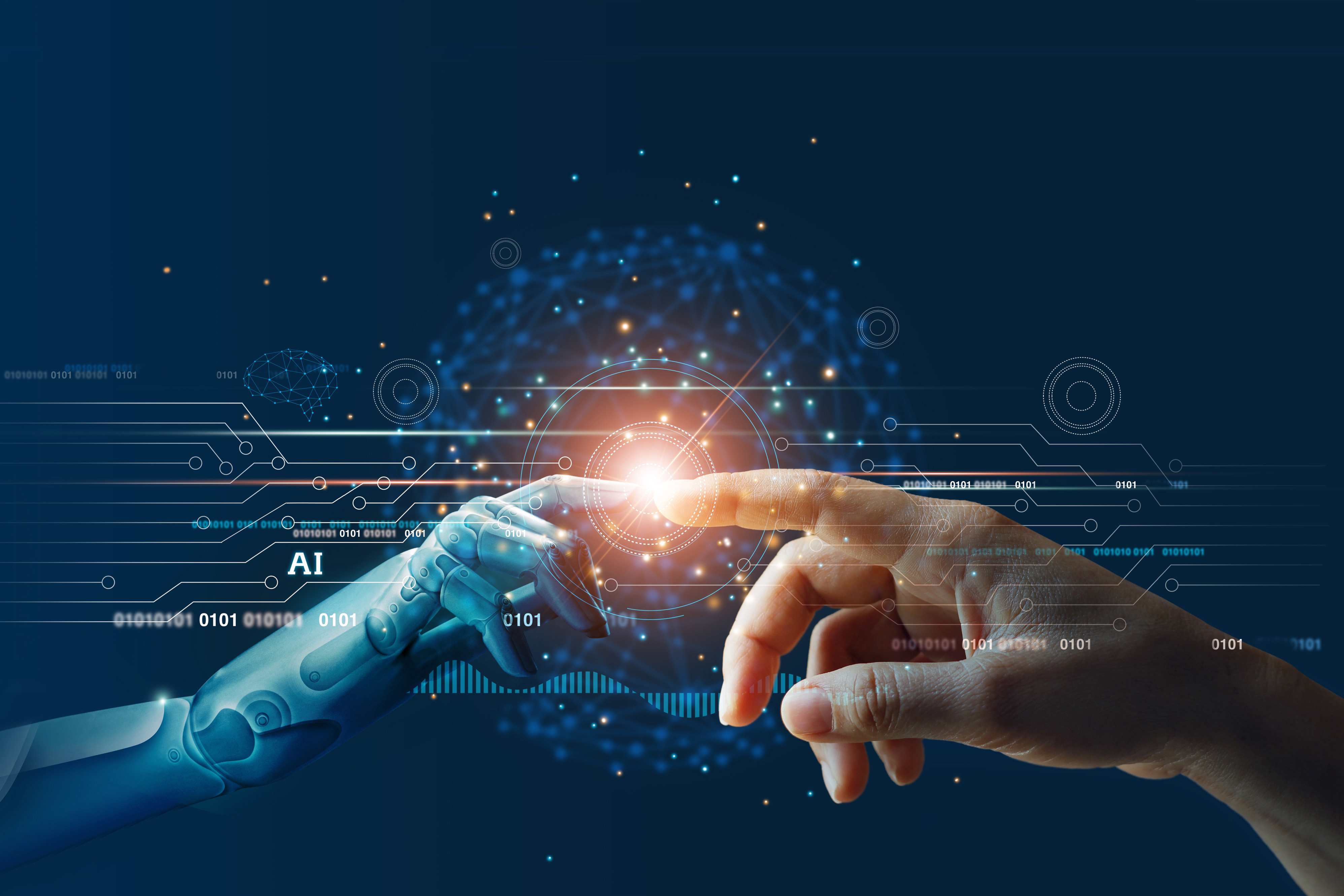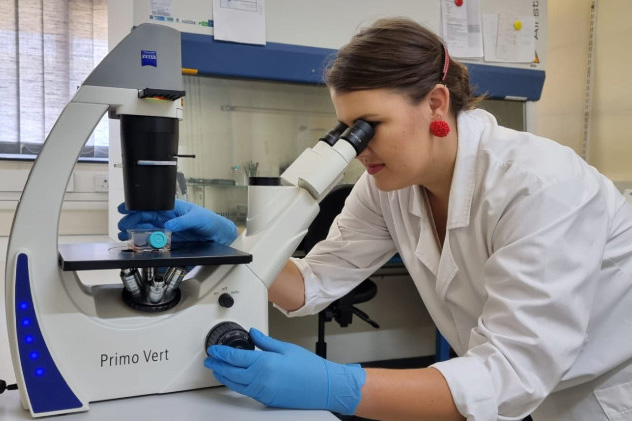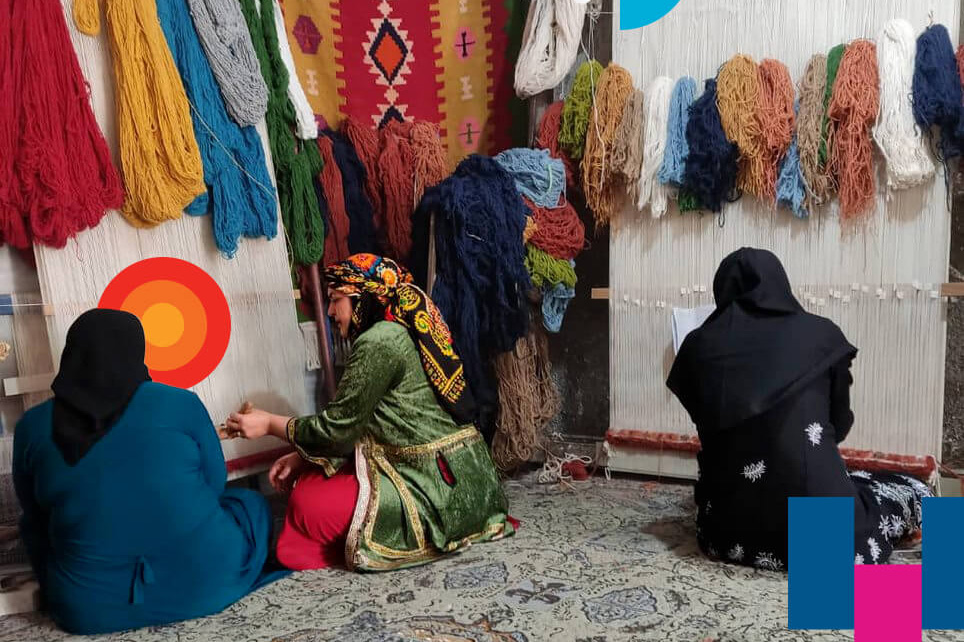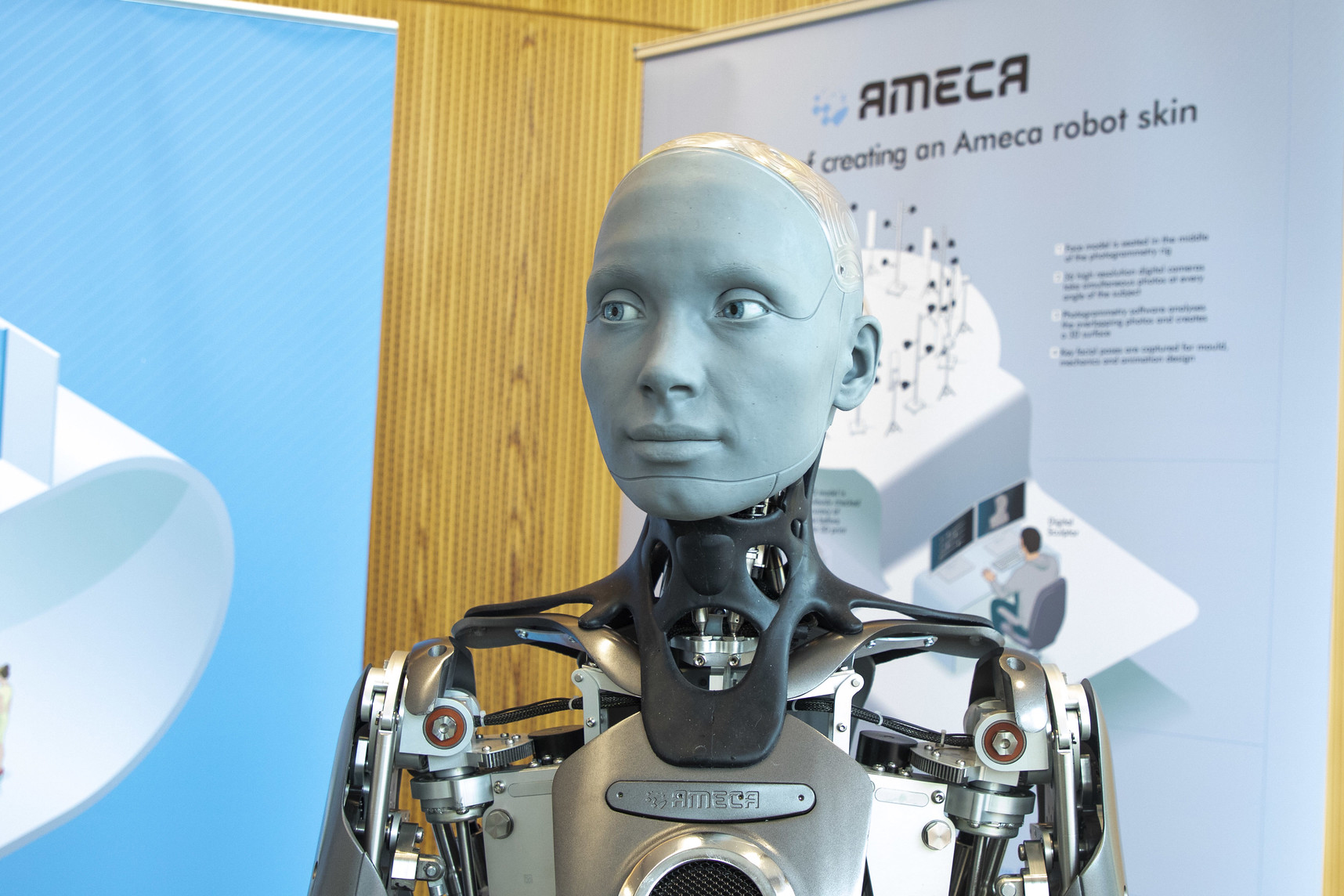Artificial intelligence (AI) offers extraordinary potential for good — from scientific discoveries that expand human knowledge to tools that assist us in everyday tasks. Yet, there are also risks. AI can reinforce biases, or expand surveillance, and contribute to disinformation. The UN Secretary-General's AI Advisory Body has launched its interim report Governing AI for Humanity. The report calls for a closer alignment between international norms and how AI is developed and rolled out. It also includes recommendations to enhance accountability and ensure an equitable voice for all countries.
Science and Technology
UNCTAD presents eWeek to explore how to turn digital opportunities into shared development gains and close existing divides for a sustainable future. Registration is open to all.
Science possesses undeniable potential to enhance our world. By forging stronger connections between science and society, World Science Day for Peace and Development (10 November) endeavors to keep the public well-informed about scientific advancements. This year’s celebration focuses on "Building Trust In Science", a multifaceted issue that influences the conduct of scientists and shapes society's perception of scientific endeavors. In our swiftly evolving world, supporting scientific progress and promoting a deep understanding of science is not just a choice, but an absolute necessity.
New digital technologies have transformed the way people live in so many ways by creating economic growth, job creation and empowering human rights activism. At the same time, the dark side of these very same innovations can pose severe risks to people’s rights including by infringing on privacy, through the spread of hate speech, misinformation, the undermining of the democratic processes, and the increase in online violence. This is why UN Human Rights has created the Business and Human Rights in Technology Project, as a way to address these issues by providing an authoritative roadmap for applying the UN Guiding Principles on Business and Human Rights to the development and use of digital technologies.
International scientific collaboration is essential, not only for knowledge but also for fostering peace. The International Week of Science and Peace, observed every November, during the week of the 11th, plays a pivotal role in promoting peace. It facilitates academic exchanges on universally significant topics, increasing public awareness of the close relationship between scientific advances and achieving peace in society, emphasizing that in order to achieve one, it’s necessary to invest in the other.
We have seen extraordinary advances in the capabilities and use of artificial intelligence (AI). AI holds the potential to multiply productivity in many sectors and to improve public services, but it could also threaten global stability and undermine our values. These risks are the topic of the AI Safety Summit hosted by the UK government (1-2 November). The UN Secretary-General has asked experts in his AI Advisory Body to issue recommendations on the international governance of artificial intelligence, its risks and challenges and how to leverage AI to accelerate the delivery of the SDGs.
With the spread of rumors and the distortion of facts, the boundary between true and false has become blurred. This is undermining the very foundations of our societies and democracies and putting lives at risk through the propagation of conspiracy theories, or the spread of hate speech. Focusing on digital spaces in this year's edition of Global Media and Information Literacy Week 2023, will give the opportunity to explore paths for strengthening multilateral cooperation with digital platforms and other stakeholders in integrating media and information literacy into policies.
As we approach the halfway mark of the 2030 Agenda, the science is clear: the Planet is far off track from meeting its climate goals, and immediate and unprecedented reductions in greenhouse gas emissions are needed, says the United in Science Report 2023. Launched ahead of the SDG Summit and Climate Ambition Summit at the United Nations General Assembly, the multi-agency report systematically assesses the impact of climate change and extreme weather events on the Agenda's goals.
Humans and AI complement each other, opening new opportunities for economic growth, production, health care, education, communication, and transportation. UNDP recognizes AI’s potential as well as its risks and are optimizing its use to advance the SDGs. Ethical and responsible artificial intelligence is an accelerator for sustainable development and already is affecting so many aspects of our lives. It is important to ensure fairness and transparency in the design and use of AI, clarify legal responsibility and liability in cases of harm caused by AI, as well as address the intellectual property implications.
The digital transformation, the exponential spread of digital technologies, digitalization and the use of digital technologies to add value, offer an opportunity to develop and deliver tailored and innovative services to both migrants and communities.
Artificial Intelligence may be the buzzword of the day, but before we know it, two new concepts may soon steal the limelight: Disruptive-tech and Artificial General Intelligence. That’s according to Janet Adams, chief operating officer of AI experts SingularityNet, who maintains that these up-and-coming technologies have massive potential to combat inequality, in line with the 2030 Sustainable Development Goals (SDGs) Agenda. To find out more, UN News's Elma Okic caught up with Ms. Adams at the AI For Good Summit in Geneva earlier this month.
UNESCO published its AI Readiness Assessment Methodology, a diagnostic tool to support governments in ensuring Artificial Intelligence is developed and deployed ethically, in line with its Recommendation on the Ethics of Artificial Intelligence.
The IAEA Marie Sklodowska-Curie Fellowship Programme (MSCFP) seeks to inspire young women to pursue a career in the nuclear field through scholarships for students studying nuclear related subjects as well as internship opportunities.
Digital technology has become a fundamental force for change in this century. It is reshaping economies, government, and the very fabric of our communities – touching nearly every facet of our lives. And since 2015, countries have harnessed digital technology to accelerate progress towards achieving of the SDGs by 2030. The 17 SDGs are all getting a boost from the latest in digital strategies. UNDP shows how in the last seven years, digitalization has emerged as a veritable keystone, showing enormous potential to unlock the many complex, interwoven challenges addressed in the SDGs.
AI governance should be a global community dialogue. Now is the critical moment to get it right and ensure a responsible future with AI.

